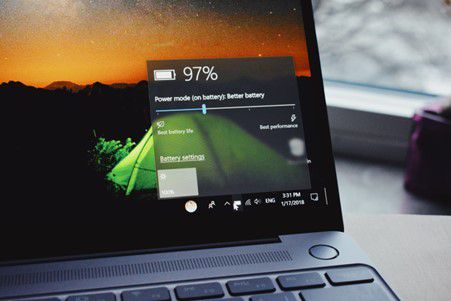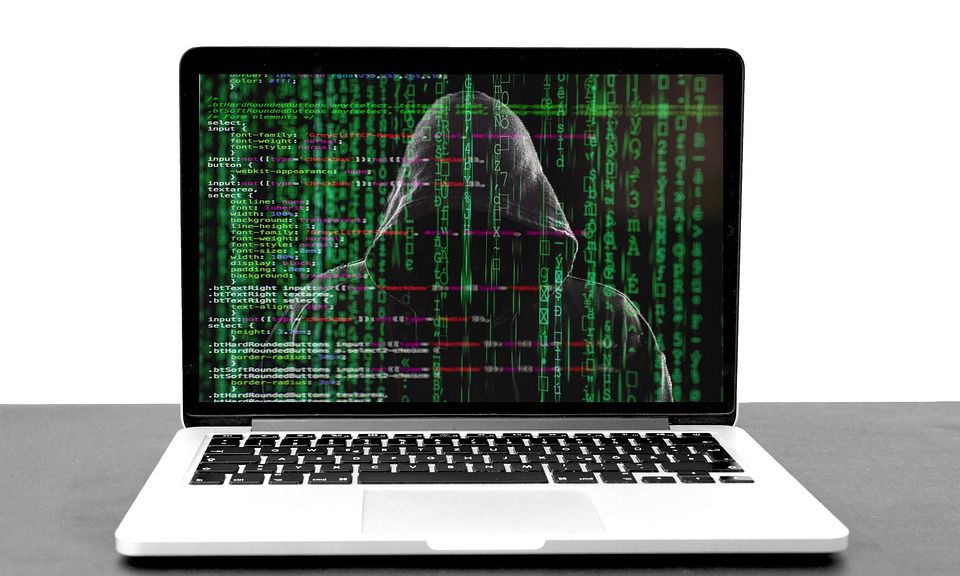
Malware exists throughout the digital world and it can cost people both money and cause harm. Cybercriminals continue to develop new tricks with each technological advance - this article will take a look at some of the newest and trickiest malware threats.
Malware Threats to Keep an Eye Out for
Malware has become more sophisticated and difficult to identify; therefore, you should become familiar with seven new forms of malware.
1. Polymorphic Malware
This form of malware dynamically modifies its code with each replication, making it hard for antivirus programs to detect as its appearance changes frequently. Polymorphic malware changes its signature and shape using encryption keys while using mu...







 Your team's productivity and efficiency is of vital importance to you. Slow computers make it hard for them to work, which may in turn have an adverse impact on their overall business performance.
Your team's productivity and efficiency is of vital importance to you. Slow computers make it hard for them to work, which may in turn have an adverse impact on their overall business performance.



